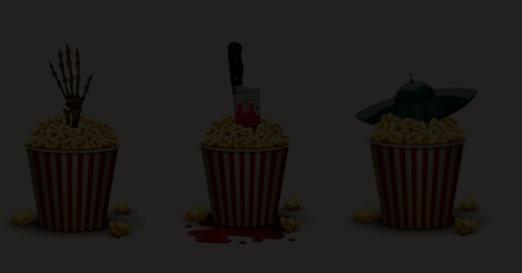Ichi the Killer is a film I’ve known about and have had on my radar for a while. In-fact, saying I’ve had it on my radar a while is an understatement – I have actively known about this film, been intrigued by this film, then, subsequently ignored this film, for over half a decade. The Japanese action crime film is directed by Takashi Miike and written by Sakichi Sato. Based on the manga series of the name name by Hideo Yamamoto, the film stars Tadaanobu Asano and Nao Omori.
As said, it has taken me a while to break-down and finally watch Ichi the Killer, and I think a lot of it has to do with the film’s reputation and my own apprehension toward it. Ichi the Killer is notorious for its grotesque violence and imagery. As a frequenter of the horror genre whose addiction was ailed smack-dab in the torture porn (a phrase I dislike) era of Hostel and the Saw franchise, I’m not a film-critic to be mistook as the squeamish type. I merely didn’t think the bloodshed and violence would be complimented by a unique, enjoyable film. Before all else, however, having now watched the film, I will say Ichi the Killer is, most certainly, a unique film.
As one might surmise, the film follows, in part, a man named Ichi, a killer who is, in-fact, not the scarred blond man in the cover-art as I originally assumed. That man’s name is Kakihara, played by Tadanobu Asano, an actor who I’d actually seen in a number of movies without realizing it (Marvel’s Thor movie series, for instance. The actor will also portray Raiden in the upcoming Mortal Kombat film.). This man’s a real piece-of-work, a very deranged fellow who acts as the enforcer to the Yakuza. When his mob boss is brutally murdered, Kakihara takes it upon himself to look for information, oftentimes searching for it in other people’s flesh. The man doing away with Yakuza gang-members is Ichi the Killer, a psychologically damaged man who has been manipulating to commit said vigilante justice.
Something I hadn’t expected for Ichi the Killer was its quirky and goofy sense of humor. Kakihara inflicts sadomasochistic agony in grueling fashion, but the nonchalant cadence to the act is not without its absurdity. In one scene from the film, Kakihara tortures a man using hooks and boiling water, permanently damaging his body. Later, in the film, that same man can be seen sporting a full-body cast, and is used for slapstick, being sent tumbling down by Kakihara abruptly bursting back into the room. Whether or not you’ll find any real humor in this will depend on personal preference, but this Japanese film is certainly a different flavor than the average American gangster film.
In-fact, its characters are comparable to a lot of other characters in the Manga and Anime genre. Kakihara’s character is like a less studio friendly “Joker” / “Jason from Tokyo Ghoul type,” disfiguring adversaries and himself. The character is brought with a distinct appearance, but does little to express itself beyond that. Kakihara feels very one-dimensional in that respect; an archetypal violent, crazy character without many nuances or facets beyond that. He isn’t a bad character, and, in-fact, he could have been elevated if he would have had a proper protagonist to face off against.
Enter Icchi the Killer. This character is the most peculiar aspect of the film, and I don’t say so in complimentary fashion. The character is unlikable and goofy, a fact seen the get-go when he’s shown masturbating while he watches a pimp beat the hell out of a prostitute. The character is normally unassuming and shy, however, becomes homicidal and aroused when enraged. The character could’ve been portrayed as sympathetic. After all, he’s manipulated through the use of false memories implanted in his head, but he’s so off-the-rails absurd that every time he’s on the screen, I’m waiting for the moment he isn’t.
This could’ve, and I wish it would’ve, been a film about a vigilante with an inner-rage that targets the Yakuza. In some respects, that’s what it is, as well, a skewed interpretation of a classic superhero story. Instead, however, it’s bogged down and muddied by unnecessary subplots and motivations that only disjoint and dishevel the tone and dilute the central conflict.
Ichi the Killer is violent for certain, but it’s surface-level cruelty with a pungent disregard for itself. It isn’t provocative, so much as silly and structurally inept in how to evoke anything beyond the superficial.
Ichi the Killer, at times, had me interested, but, in the end, only amounted to an interesting misfire that I viewed more fondly from afar than when I actually watched the film.

